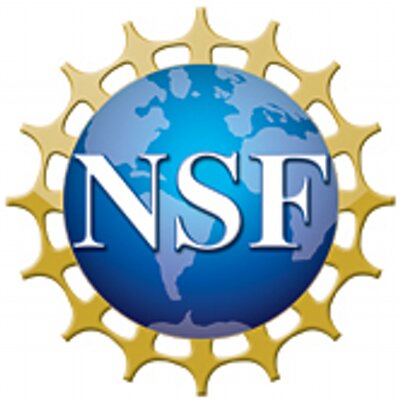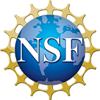
CSGrad4US: Second Year Call for NSF Fellowship Opportunity for CS Bachelor’s/Master’s Degree Holders to Return for PhD
 This post was originally published in CRA Bulletin on April 4, 2022 here.
This post was originally published in CRA Bulletin on April 4, 2022 here.
The National Science Foundation (NSF) Computer and Information Science and Engineering (CISE) Directorate has announced the second year of the CSGrad4US Graduate Fellowship program.
Goal and Motivation To increase the number of diverse, domestic graduate students pursuing research and innovation careers in the CISE fields. The fellowship program, which will provide 3-year fellowship opportunities for new Ph.D. students in the computing disciplines, was released in response to the increased demand for people with a Ph.D. in CISE fields, the continued decrease of domestic students pursuing research and completing a Ph.D., and the overall small number of bachelor’s degree recipients in CS pursuing graduate school. In particular, the percentage of domestic Ph.D. students in Computer Science graduating has decreased from 69% in 1985 to 37% in 2018 [1].
NSF seeks candidates from a broad array of backgrounds and strongly encourages women, African Americans, Hispanics, American Indians, Alaska Natives, Native Hawaiians, Native Pacific Islanders, and persons with disabilities to apply.
Benefits
- A year-long preparation program, organized by CRA-E and CRA-WP, in which individuals selected for the Fellowship will receive mentoring support in identifying a graduate program, finding a research mentor, and applying to graduate programs; during this year, the individuals will also have opportunities to form a network with one another and with faculty advisors;
- For those who enroll in an accredited doctoral degree-granting program at an institution of higher education having a campus located in the United States, its territories or possessions, or the Commonwealth of Puerto Rico, an annual stipend of $34,000 for three years out of five; and
-
Cost-of-education allowance of $12,000 per year for the three years noted above to the institution of higher education.
Timeline and Eligibility
The 2022 solicitation has expanded the eligibility rules. In particular, applicants must have graduated with a bachelor’s degree in a CISE field before June 30, 2021, and can have received an MS degree. Applications for the CSGrad4US Graduate Fellowship are due June 30, 2022.
Please visit https://www.nsf.gov/cise/CSGrad4US/ for all eligibility criteria and additional details and deadlines.
—
[1] Addressing the National Need for Increasing the Domestic Ph.D. Yield in Computer Science. Susanne Hambrusch, Lori Pollock, Ran Libeskind-Hadas, and Christine Alvarado, Quadrennial Paper, CRA, November 2020.
Help us publicize this unique opportunity by…
- Forwarding this email to your faculty and alums
- Posting on your Social Media







